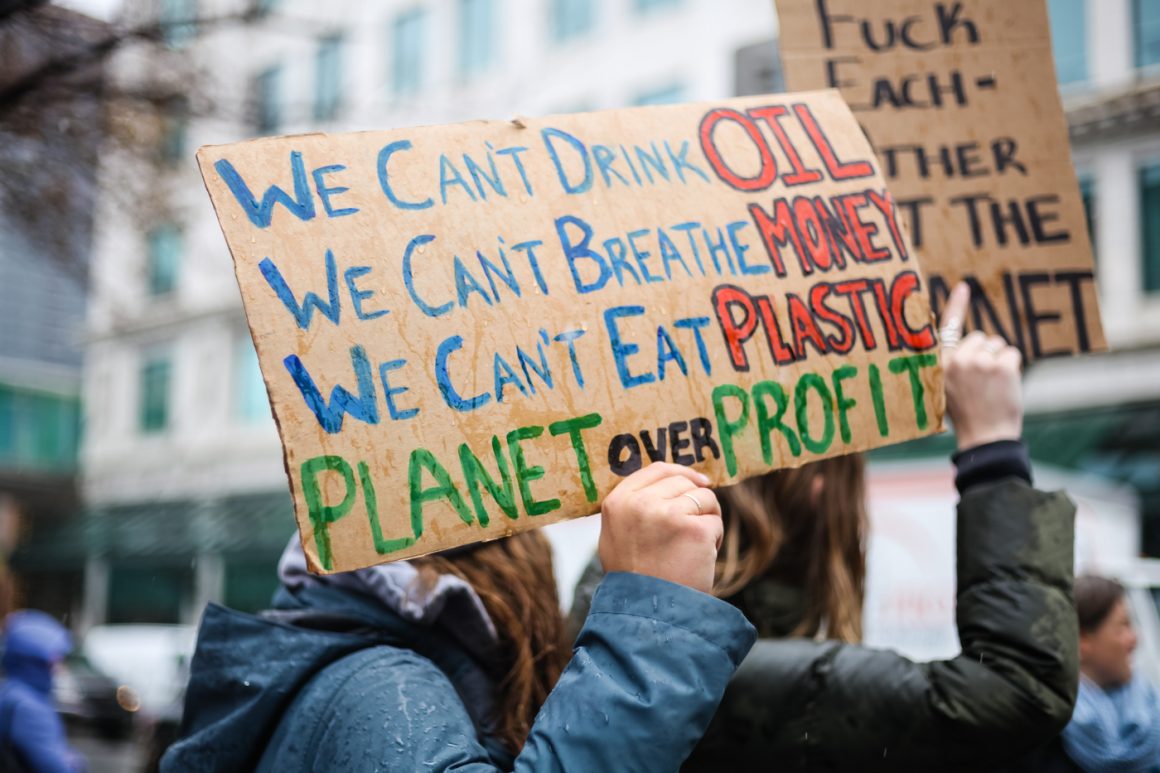
UCalgary holds webinar on how to cope with the emotional impacts of climate change
By Sophia Lopez, December 3 2020 —
The University of Calgary’s Office of Sustainability and Amy Spark, sustainability co-ordinator at Bow Valley College and co-founder of Refugia Retreats joined to host “Coping with the Emotional Impacts of Climate Change.”
This event was aimed at promoting sustainability and discussing the connection it has to people’s well-being. It also provided an open space to address ecological-grief and the stigmas it carries in comparison to other forms of grief.
Gabrielle Gilchrist, a staff member at the Office of Sustainability, started off the event by discussing the 17 Sustainable Development Goals and stated that they were “developed and adopted by all UN (United Nations) member states in 2015 and they’re a universal call to action to end poverty, protect the planet and ensure that all people enjoy peace and prosperity by 2030.” These goals contribute towards the protection of our ecosystem and serve to improve our world to hopefully one day live with the least amount of eco-grief and climate anxiety as possible.
Spark, who focuses on the intersection between ecological and mental health, outlined what it means to experience climate anxiety and eco-grief. The first being climate anxiety which is “the fear of losing something in the future, whether or not that’s a tree or whether that’s a feeling of a sense of security,” and how that fear can negatively affect our mental health. The second being eco-grief which is “the grief [we experience] after losing something,” said Spark.
When looking at climate change and how it can contribute to any climate anxiety and eco-grief, there are three main forms of impact. Direct and Acute Impacts which consist of extreme weather events such as floods, Psychosocial Impacts which are “cascading impacts” as Spark explains such as increase in domestic violence with extreme weather events, and finally Indirect Impacts which includes mental and psychological impacts due to climate change.
Climate change has caused ecosystems, areas of land and even species to disappear and this can severely affect our mental health. These experiences can cause us to feel solastalgia, a term created by researchers in Australia, which as Spark explains is the idea of “feeling homesick while you’re still in the same place. The world around you is shifting so quickly that you’re homesick for an area that no longer exists.”
Spark also touches on how the media can further accentuate the climate change issues we’re facing, causing us to feel more anxious about what the future will look like and causes us to feel a greater sense of grief towards things we’ve lost due to climate change. She mentions COVID-19 is only making our experiences worse “we’re hearing bad news from all sides and it really is taking a toll on people.”
When specifically looking at Canada, Spark claims we are living in a “death-denying” society.
“We don’t necessarily feel comfortable sharing our grief or even talking about grief with our co-workers or with our peers,” said Spark. “It’s sort of seen as ‘not polite’ to ask about someone’s recent loss, even though sometimes this is the best thing that could help people — is just talking about those that we’ve lost.”
Spark and UCalgary’s Office of Sustainability members are encouraging people to gain the courage to express their remorse for environmental loss. Today, we’ve created “a culture in which expressing remorse for environmental loss seems hypocritical,” said Spark. “We’re all really fearful of how people are going to interpret our grief.”
What we need to start doing is being more open about our experiences with eco-grief and climate anxiety as it’ll help us overcome it, she adds.
Everyone experiences grief differently and it’s crucial that we validate each person’s experiences, the webinar taught. The Sustainability Program co-ordinator at UCalgary’s Office of Sustainability, Aviva Daya Fialkow, discussed how “a lot of the time we like to tell ourselves that we can’t feel certain things or that we shouldn’t be upset about stuff because it doesn’t seem as severe as other types of grieving.”
She put an emphasis on how society seems to rank grief, but that we shouldn’t because all of our grieving is “valid and no one really even knows what sometimes is going to make them feel upset,” so it’s important to respect everyone’s emotions.
Overall, Spark and UCalgary’s Office of Sustainability raised awareness for sustainability and the positive effects it has on climate change, along with explaining its connection to our mental health and how the hardships climate change has wrought have — and continue to have — greatly impact us. They remind us that it’s okay to feel remorse or saddened by the current state of our environment, and that our feelings are valid and we should not be ashamed of them. This webinar aimed to teach that by living sustainably, we will be able to diminish the amount of eco-grief and climate anxiety we’ll have to face in the future.
